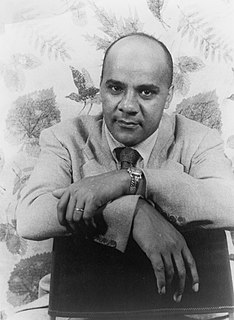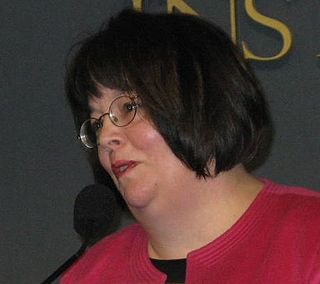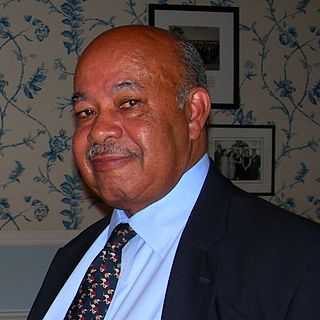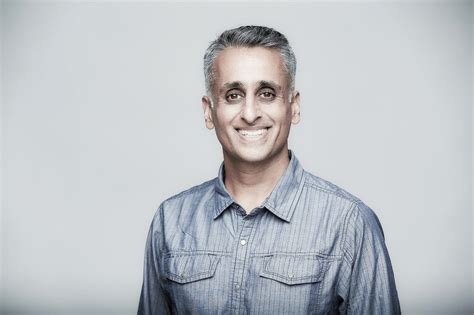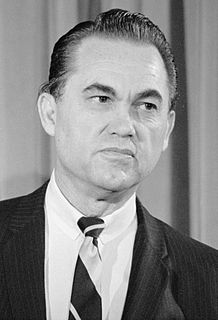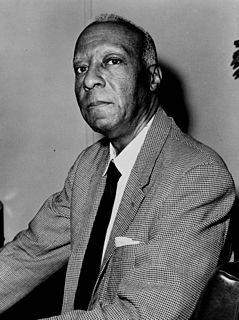Top 1200 Racial Segregation Quotes & Sayings
Explore popular Racial Segregation quotes.
Last updated on April 14, 2025.
Belief in Some One's right to punish you is the fate of all children in Judaic-Christian culture. But nowhere else, perhaps, have the rich seed-beds of Western homes found such a growing climate for guilt as is produced in the South by the combination of a warm moist evangelism and racial segregation.
...The Court ...[recognizes]...the persistence of racial inequality and a majority's acknowledgement of Congress's authority to act affirmatively, not only to end discrimination, but also to counteract discrimination's lingering effects. Those effects, reflective of a system of racial caste [legal segregation and discrimination] only recently ended, are evident in our work places, markets, and neighborhoods. Job applicants with identical resumes, qualifications, and interview styles still experience different receptions, depending on their race.
What used to be racial segregation now mirrors itself in class segregation, this great sorting (has) taken place. It creates its own politics. There are some communities where not only do I not know poor people, I don't even know people who have trouble paying the bills at the end of the month. I just don't know those people. And so there's less sense of investment in those children.
One of life's intriguing paradoxes is that hierarchical social order makes cheap rents and outré artists' colonies possible. Raffish bohemian neighborhoods flourished in the days of racial segregation; under integration the artistic poor have no safe places in which to create.... If America lacks a vigorous culture it is partly because studios and ateliers have become crack houses.
By explaining the difference between segregation and separation. Segregation is that which is forced upon an inferior by a superior. Separation is done voluntarily by two equals. If I have children and they live in my house, I care for them, they're dependent upon me. And their dependence upon me puts me in a position to regulate their lives, control their lives, tell them where to go, where they can't go. That's a form of segregation.
Now is the time to make real the promises of democracy. Now is the time to rise from the dark and desolate valley of segregation to the sunlit path of racial justice. Now is the time to lift our nation from the quicksands of racial injustice to the solid rock of brotherhood. Now is the time to make justice a reality for all of God’s children.
There are some things concerning which we must always be maladjusted if we are to be people of good will. We must never adjust ourselves to racial segregation. We must never adjust ourselves to religious bigotry. We must never adjust ourselves to economic conditions that take necessities from the many to give luxuries to the few.
Blacks have experienced a history of victimization in America, beginning obviously in slavery and then another 100 years of segregation. I grew up in segregation. I know very well what it was about and all of the difficulties it placed on black life, and how we were truly held down before the civil-rights movement.
A new race-neutral language was developed for appealing to old racist sentiments, a language accompanied by a political movement that succeeded in putting the vast majority of backs back in their place. Proponents of racial hierarchy found they could install a new racial caste system without violating the law or the new limits of acceptable political discourse, by demanding 'law and order' rather than 'segregation forever'.
There is more racial integration in American life and many more people of color serving as elected officials and corporate leaders than there were during my father's time. But there is also reason for concern about new forms of racial oppression, such as measures to make it harder to vote, racial profiling and crushing public worker unions.
We reject segregation even more militantly than you say you do! We want separation, which is not the same! The Honorable Elijah Muhammad teaches us that segregation is when your life and liberty are controlled, regulated, by someone else. To segregate means to control. Segregation is that which is forced upon inferiors by superiors. But separation is that which is done voluntarily, by two equals - for the good of both!
The new racism: Racism without 'racists.' Today, racial segregation and division often result from habits, policies, and institutions that are not explicitly designed to discriminate. Contrary to popular belief, discrimination or segregation do not require animus. They thrive even in the absence of prejudice or ill will. It's common to have racism without racists.
There could be no more powerful argument against mixing religion and government than the success of independent African American churches in placing racial segregation and discrimination on a reluctant nation's social agenda. Would black churches have been able to take the lead in the struggle had they been dependent on funds doled out for 'faith-based initiatives' . . . ?



